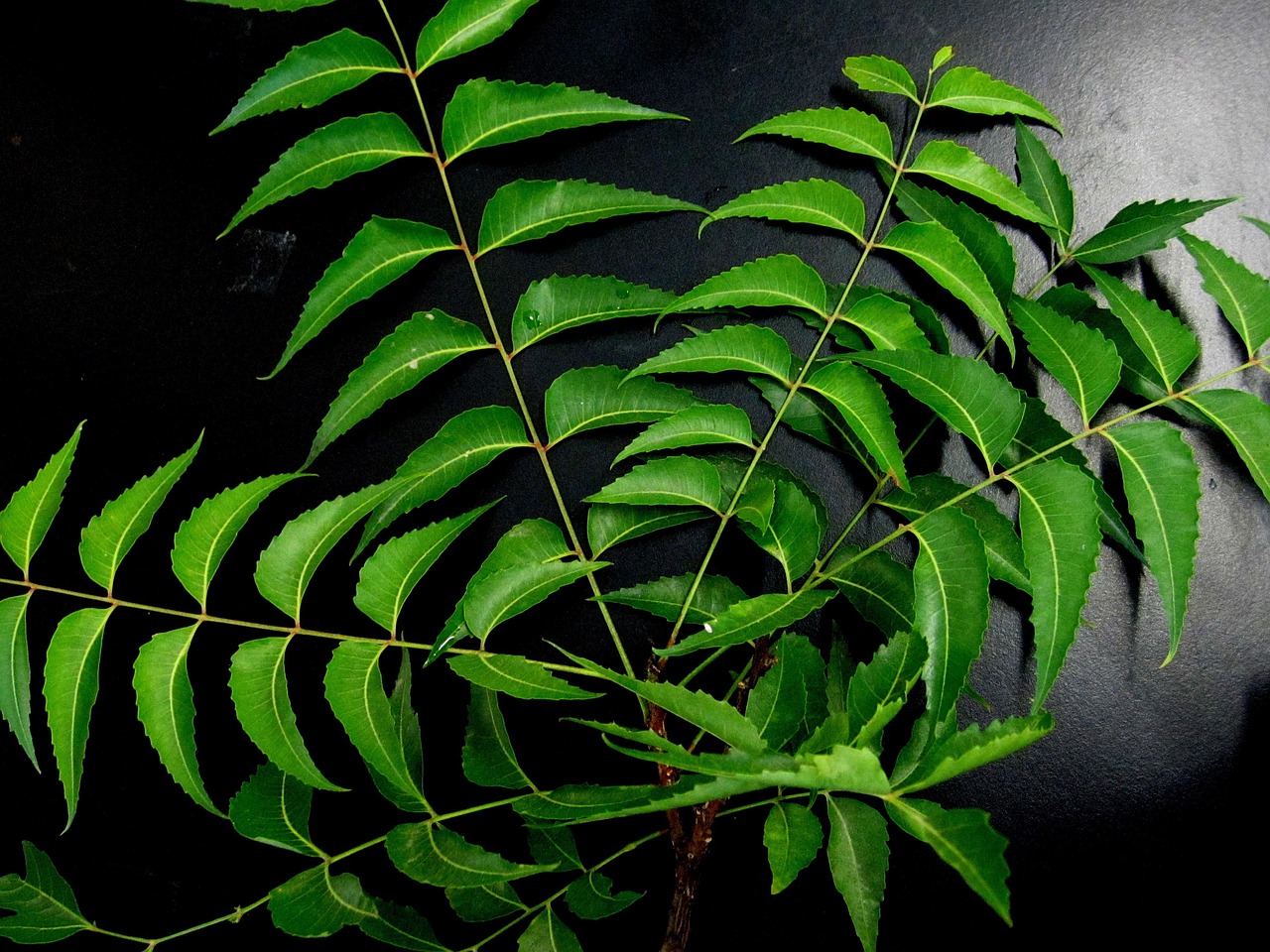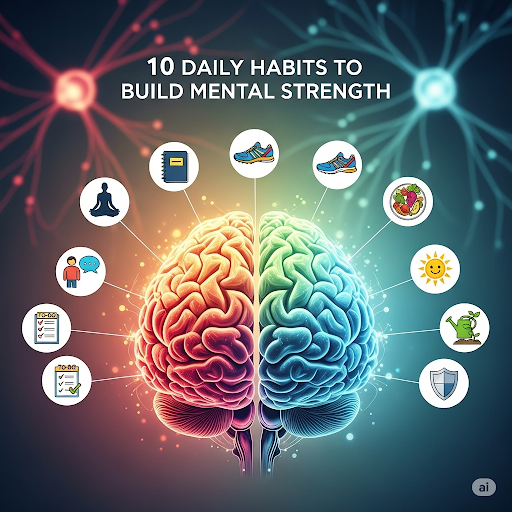If nature ever had its own version of a superhero, neem would be it. Known as the “village pharmacy” in India, neem (Azadirachta indica) is a tree whose leaves are as bitter in taste as they are brilliant in their healing potential. While you may wince at the flavor, your body, skin, and immune system will thank you for every bite, sip, or swipe of this ancient medicinal marvel.
Neem leaves have been a cornerstone of Ayurvedic and traditional medicine for centuries. Long before the pharmaceutical industry bottled wellness into pills, neem leaves were crushed, brewed, chewed, or ground into pastes to treat just about everything—from acne and infections to ulcers and fevers. It’s the kind of remedy that our grandmothers swore by, and science is finally catching up to show why they were right.
Let’s dive into the many benefits of neem leaves and discover how this ancient botanical gift continues to be relevant, potent, and surprisingly versatile in our modern lives.
A Natural Immunity Booster
Neem is rich in antioxidants, flavonoids, triterpenoids, and polyphenols, all of which help neutralize harmful free radicals in the body. These compounds fortify the immune system, helping your body defend against infections, inflammation, and environmental stressors.
Drinking neem tea or chewing a few young leaves in the morning is a common traditional practice in many South Asian households to “cleanse the blood” and detoxify the system. The bitter taste might not be your favorite breakfast flavor, but the immunity boost is worth every puckered face.
Skin Health: Neem’s Signature Superpower
Perhaps neem’s most famous role is in skincare—and for good reason. Neem is antibacterial, antifungal, anti-inflammatory, and astringent, making it a one-stop solution for everything from pimples to psoriasis.
Whether used as a paste, oil, or infused in soaps, neem leaves work like a detox treatment for the skin. They draw out impurities, reduce excess oil, shrink pores, and soothe irritation. Acne-prone? Try applying a neem-leaf paste with turmeric. Got eczema or itchy rashes? Neem water or neem oil can ease the inflammation and reduce discomfort.
Modern dermatology has taken note, too. Many skincare products now proudly list neem extract as a natural, active ingredient to combat breakouts and even premature aging.
Hair Love: Neem as a Scalp Savior
Neem isn’t just a hero for your skin—it’s a total game-changer for your scalp too. Dandruff, itchiness, and scalp infections are no match for neem’s antifungal and antibacterial powers.
Boiling neem leaves in water and using the strained liquid as a hair rinse can help reduce dandruff, strengthen hair roots, and promote healthier hair growth. It also soothes inflammation, making it ideal for people dealing with scalp psoriasis or seborrheic dermatitis.
Some even say that consistent use of neem on the scalp helps prevent premature graying—though more studies are needed to confirm that ancient claim. Still, your scalp will feel fresher and less irritated, which is reason enough to include it in your hair care ritual.
Dental Defender
If you’ve ever walked through a rural village in India, you’ve probably seen people chewing on neem twigs as toothbrushes. Sounds strange? Not really—neem’s potent antibacterial properties help eliminate bacteria in the mouth, reduce plaque buildup, and keep gums healthy.
Neem has been traditionally used to treat bleeding gums, toothaches, and bad breath. These days, neem extract is often found in natural toothpastes and mouthwashes, offering a holistic and fluoride-free way to maintain oral hygiene.
Chewing neem leaves or using neem-based dental products can act as a natural preventive care routine, keeping your smile healthy without the chemicals.
Blood Sugar Support
One of neem’s lesser-known but highly valuable benefits is its ability to support healthy blood sugar levels. Several studies have shown that neem leaves may help increase insulin sensitivity and lower blood glucose, making it potentially beneficial for people managing Type 2 diabetes.
Regular consumption of neem leaf juice (under medical guidance) is believed to help stabilize sugar levels. However, it should never replace prescribed medication but can act as a complementary therapy.
Liver Cleanse and Detoxification
Neem’s bitter taste often hints at its cleansing properties. In Ayurveda, bitter herbs are believed to stimulate the liver and help the body flush out toxins. Neem leaves act as natural liver detoxifiers, promoting bile secretion and supporting optimal liver function.
By enhancing metabolic processes and improving digestion, neem can also contribute to better skin health, improved energy, and reduced inflammation. It’s like giving your internal systems a spring cleaning—without needing a juice cleanse.
Insect Repellent and Wound Healer
Neem leaves aren’t just good for what ails you—they’re also great at keeping nuisances away. Crushed neem leaves or neem oil can act as a natural insect repellent, keeping mosquitoes, lice, and mites at bay.
When applied to wounds or cuts, neem paste accelerates healing and prevents infection, thanks to its antiseptic and antimicrobial properties. It’s an all-natural first aid kit growing right on a tree.
Ways to Use Neem Daily
While neem’s benefits are vast, it’s important to use it properly to avoid overuse or bitterness overload. Here are some gentle, effective ways to incorporate neem into your everyday routine:
- Neem Tea: Brew a few leaves in hot water with lemon and honey for a detoxifying morning ritual.
- Face Mask: Mix neem powder or paste with rose water or yogurt to fight acne and refresh your skin.
- Hair Rinse: Boil neem leaves and cool the water for a scalp rinse that fights dandruff naturally.
- Tooth Care: Use neem-infused toothpaste or mouthwash for healthy gums and fresh breath.
- Bath Soak: Add neem leaves to your bathwater to calm irritated skin and keep fungal infections away.
- Immune Tonic: Under the guidance of a healthcare professional, neem capsules or juice can be taken to support immunity and blood sugar.
A Word of Caution
While neem is a natural powerhouse, it’s potent—so moderation is key. Consuming neem in large amounts or for extended periods can lead to liver issues or interfere with fertility. It’s best avoided by pregnant or breastfeeding women unless directed by a healthcare provider.
If you’re using neem for internal purposes (tea, capsules, juice), always consult with a medical professional, especially if you’re on medication or managing a health condition.
Final Thoughts: The Leaf That Does It All
Neem may not be flashy. It doesn’t come in pretty packaging or taste like strawberries. But what it lacks in glamour, it more than makes up for in grit, healing, and history. It’s a no-nonsense herb, unapologetically bitter, yet beloved across generations for its ability to heal, cleanse, protect, and restore.
In a world brimming with over-the-counter fixes and synthetic solutions, neem reminds us that sometimes, nature really does know best. So whether it’s in a morning tea, a bedtime skincare ritual, or simply growing quietly in your backyard, neem leaves are proof that some of the most powerful medicine comes from the trees that have stood by us for centuries.












